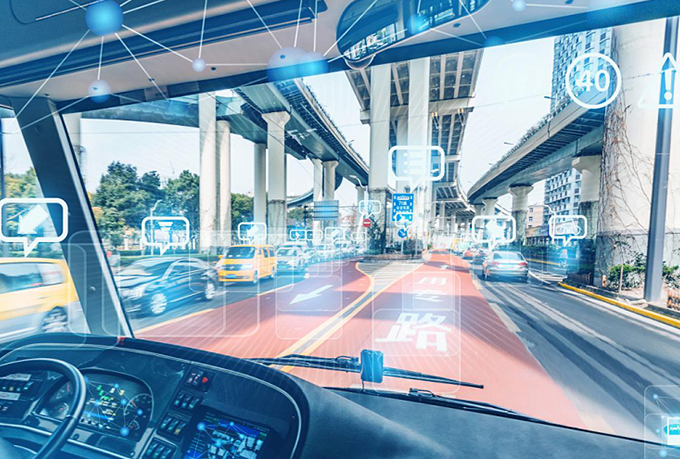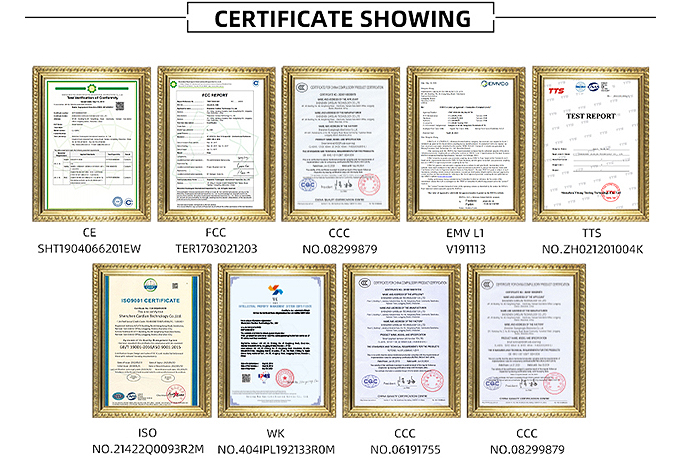
In today's rapidly evolving society,technology is revolutionizing the way we live.This is particularly evident in urban transportation,where smart public transport systems are enhancing citizens travel experience and contributing to the efficient management and development of cities.A one-stop smart public transport solution addresses issues from multiple dimensions,ensuring a comprehensive approach to tackle mobility challenges and enhancing urban life.
Centered around technological advancements,smart public transport systems leverage big data,the Internet of Things (IoT),cloud computing,and other cutting-edge technologies.For instance,real-time GPS tracking enables precise monitoring of bus locations,allowing for more accurate scheduling and faster response to delays or breakdowns.Additionally,passenger flow data analysis can predict peak travel times,enabling operators to adjust schedules accordingly and minimize overcrowding.
Under the guidance of smart public transport,urban traffic conditions have significantly improved.Congestion has decreased,air quality has improved,and citizens satisfaction with public transportation has increased.Additionally,smart public transport systems promote green travel,facilitating the integration of public transportation with new modes of transportation such as bike-sharing and ride-hailing services,providing citizens with a more diverse range of travel options.In today's technological revolution,smart public transport systems are reshaping the way we move around cities.These systems integrate advanced technologies to enhance citizens travel experience and optimize urban mobility.Here are some specific examples of how smart public transport solutions are being implemented and delivering benefits.
Real-Time Monitoring and Dispatching
In New York City,the Metropolitan Transportation Authority (MTA) utilizes a smart dispatching system that integrates real-time GPS tracking.This allows operators to see the exact location of buses and trains,enabling more efficient routing and faster response to delays or incidents.As a result,riders have seen a reduction in wait times and an increase in service reliability.
Mobile Ticketing and Payment
London's public transport system,Transport for London (TfL),has implemented a mobile ticketing and payment system called Oyster.Riders can use their smartphones or contactless bank cards to pay for travel,eliminating the need for paper tickets.This has not only improved convenience but also reduced fraud and ticketing costs for TfL.
Integrated Passenger Information Systems
In Singapore,the Land Transport Authority (LTA) has developed a comprehensive passenger information system.This includes digital displays at bus stops and train stations,as well as mobile apps that provide real-time updates on arrival times,service disruptions,and alternative routes.Riders can also plan their entire journey,including transfers between different modes of transport,using these systems.
Smart Parking Management
Amsterdam,Netherlands,has implemented a smart parking system that utilizes sensors to monitor parking spaces.When a space becomes available,the system updates a mobile app,allowing drivers to find and reserve a spot.This has significantly reduced the amount of time drivers spend searching for parking,reducing congestion and improving air quality in the city.
Data-Driven Routing Optimization
In Melbourne,Australia,the public transport operator uses data analytic to optimize bus routes.By analyzing passenger flow data,the operator can identify peak travel times and adjust routes accordingly.This has resulted in shorter travel times, improved service coverage,and a more efficient use of resources.
These examples demonstrate how smart public transport solutions are being implemented around the world to enhance urban mobility.As technology continues to advance,we can expect even more innovative applications that will further revolutionize the way we travel.
CARDLAN,a leader in smart public transportation solutions,leverages its unparalleled technological prowess to offer groundbreaking solutions.With over two decades of dedicated research and development,it has achieved significant advancements in areas such as intelligent dispatching and mobile ticketing.Its proprietary products,powered by cutting-edge algorithms and technologies,feature open API and modular architectures,enabling seamless integration and effortless secondary development.This flexibility allows cities to customize CARDLAN's solutions,optimizing their transportation systems and delivering unparalleled travel experiences.